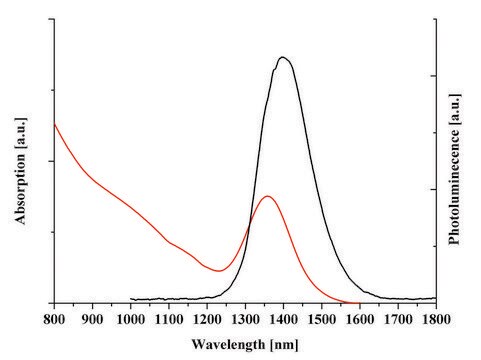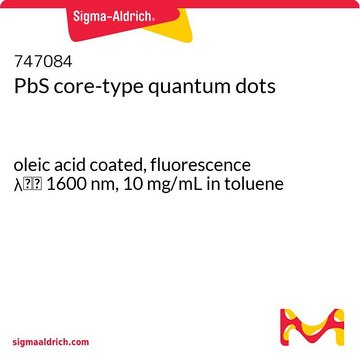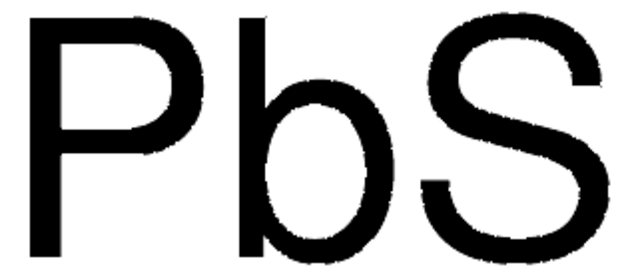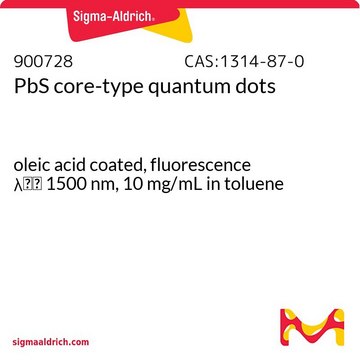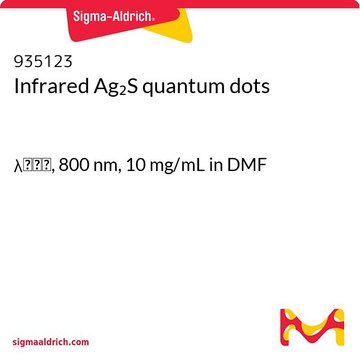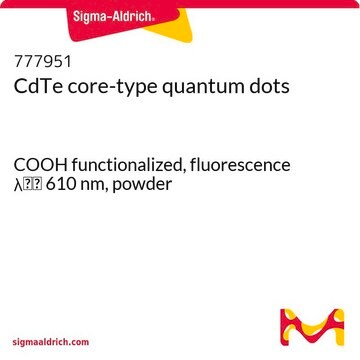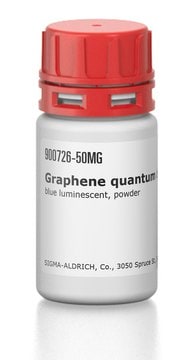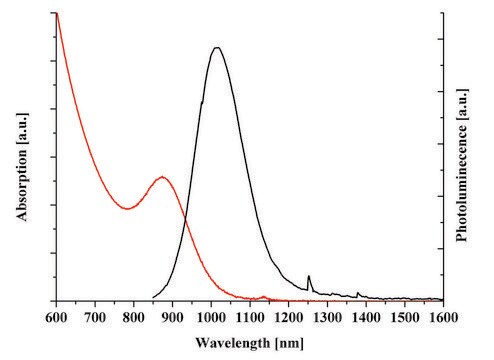おすすめの製品
アプリケーション
法的情報
シグナルワード
Danger
危険有害性の分類
Aquatic Chronic 3 - Asp. Tox. 1 - Flam. Liq. 2 - Repr. 1A - Skin Irrit. 2 - STOT RE 2 - STOT RE 2 Inhalation - STOT SE 3
ターゲットの組織
Central nervous system
保管分類コード
3 - Flammable liquids
WGK
WGK 3
引火点(°F)
39.2 °F - closed cup
引火点(℃)
4 °C - closed cup
適用法令
試験研究用途を考慮した関連法令を主に挙げております。化学物質以外については、一部の情報のみ提供しています。 製品を安全かつ合法的に使用することは、使用者の義務です。最新情報により修正される場合があります。WEBの反映には時間を要することがあるため、適宜SDSをご参照ください。
PRTR
第一種指定化学物質
特定第一種指定化学物質
消防法
第4類:引火性液体
第一石油類
危険等級II
非水溶性液体
労働安全衛生法名称等を表示すべき危険物及び有害物
名称等を表示すべき危険物及び有害物
労働安全衛生法名称等を通知すべき危険物及び有害物
名称等を通知すべき危険物及び有害物
Jan Code
747025-BULK:
747025-10ML:4548173340395
747025-5ML-KC:
747025-VAR:
この製品を見ている人はこちらもチェック
資料
Since the first report of the low-cost dye-sensitized solar cell (DSSC) in 1991 by Gratzel and his coworker,1 dye-sensitized solar cells (DSSC) has been regarded as one of the most promising photovoltaic technologies because of their transparent and colorful characteristics, as well as low cost.
Since the first report of the low-cost dye-sensitized solar cell (DSSC) in 1991 by Gratzel and his coworker,1 dye-sensitized solar cells (DSSC) has been regarded as one of the most promising photovoltaic technologies because of their transparent and colorful characteristics, as well as low cost.
Professor Sharma and colleagues review the synthesis and applications of this novel material. This includes a discussion of the unique properties of quantum dots and their suitability for solar cell applications, along with common synthesis techniques used to develop these materials.
Professor Xiaohu Gao (University of Washington, USA) provides a overview of recent quantum dot (QD) advancements and their potential for advancing bioassay and bioimaging technologies.
ライフサイエンス、有機合成、材料科学、クロマトグラフィー、分析など、あらゆる分野の研究に経験のあるメンバーがおります。.
製品に関するお問い合わせはこちら(テクニカルサービス)